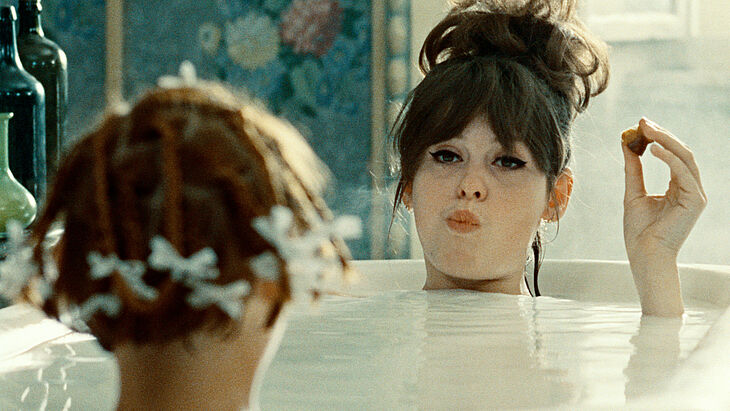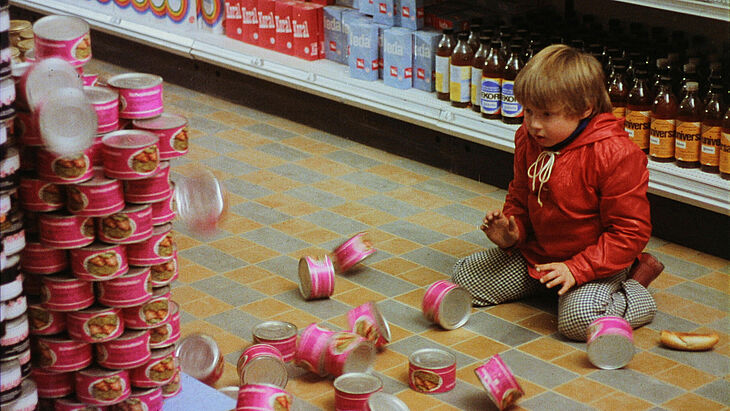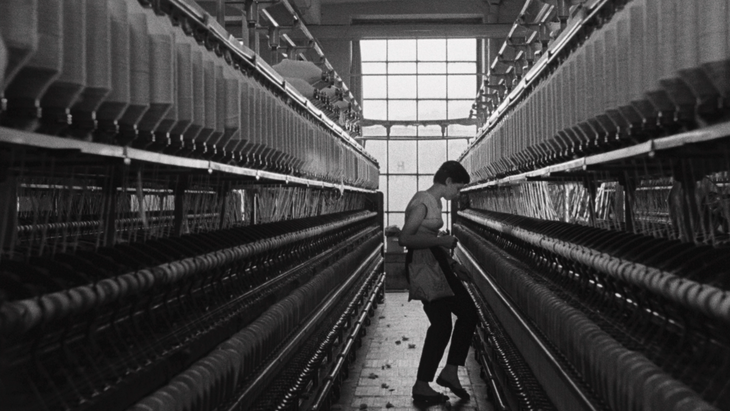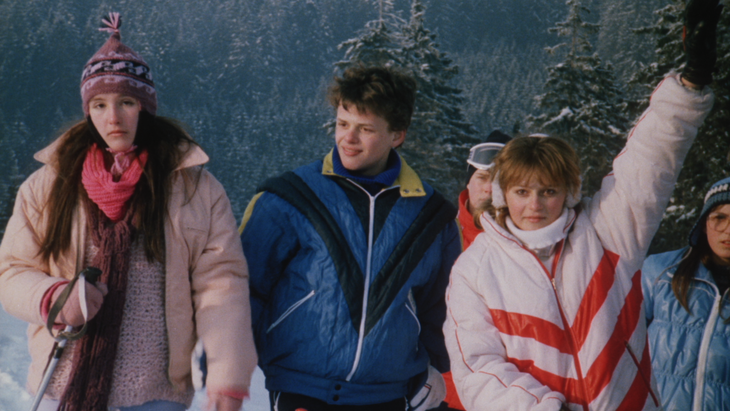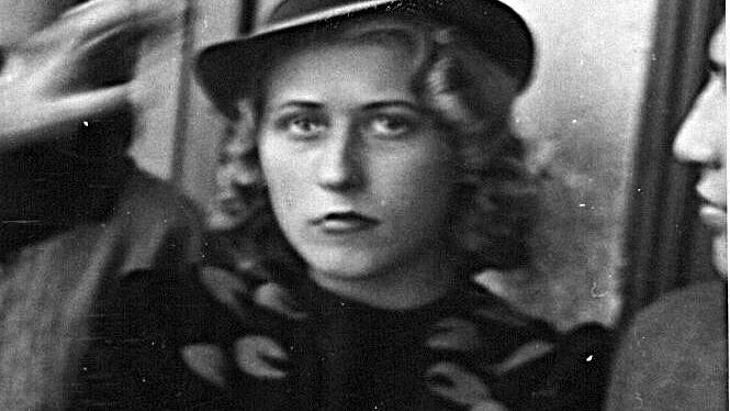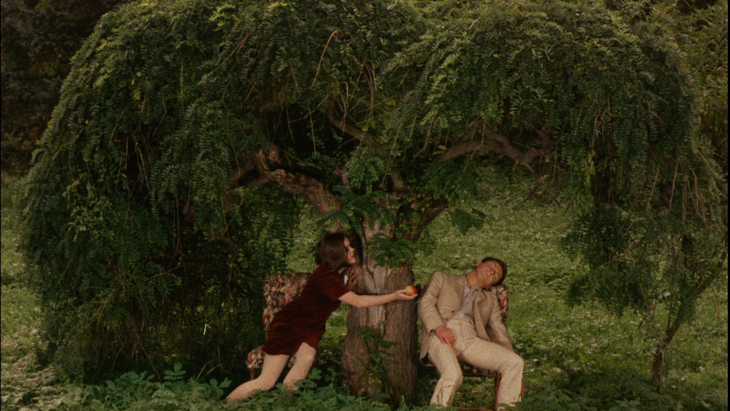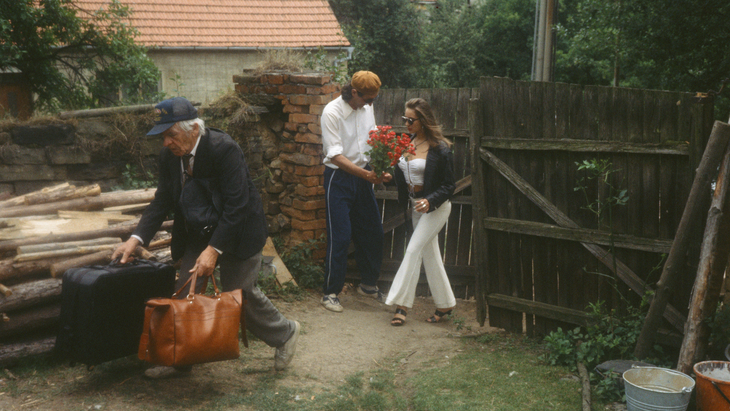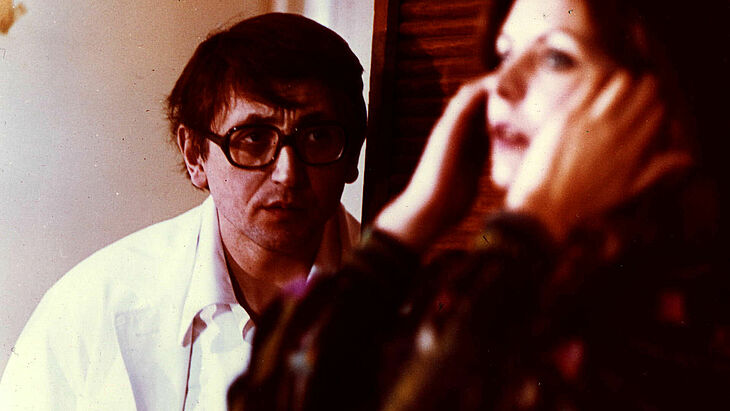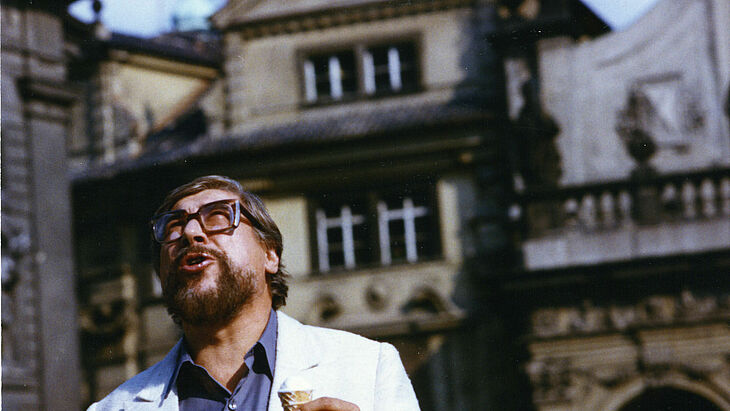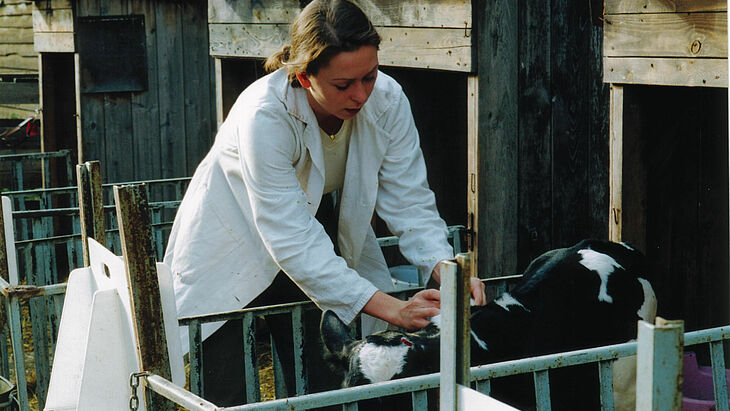Blaster
The Wayward Films of Věra Chytilová
"I want to make films because films as they are currently made bore me," Věra Chytilová (1929-2014) is reported to have said at her job interview in 1957 at Prague's FAMU film school. Only a few years later, Chytilová, the only woman to study in Otakar Vávra's class, played a decisive role in the reinvention of Czechoslovak cinema. Just as interesting and exciting as the films she made before she was banned from working for several years in connection with the suppression of the Prague Spring are the films from the subsequent period of so-called normalisation and those she made after the break-up of Czechoslovakia. The exhibition "Blaster. The Wayward Films of Věra Chytilová" therefore presents a cross-section of Chytilová's entire film oeuvre.
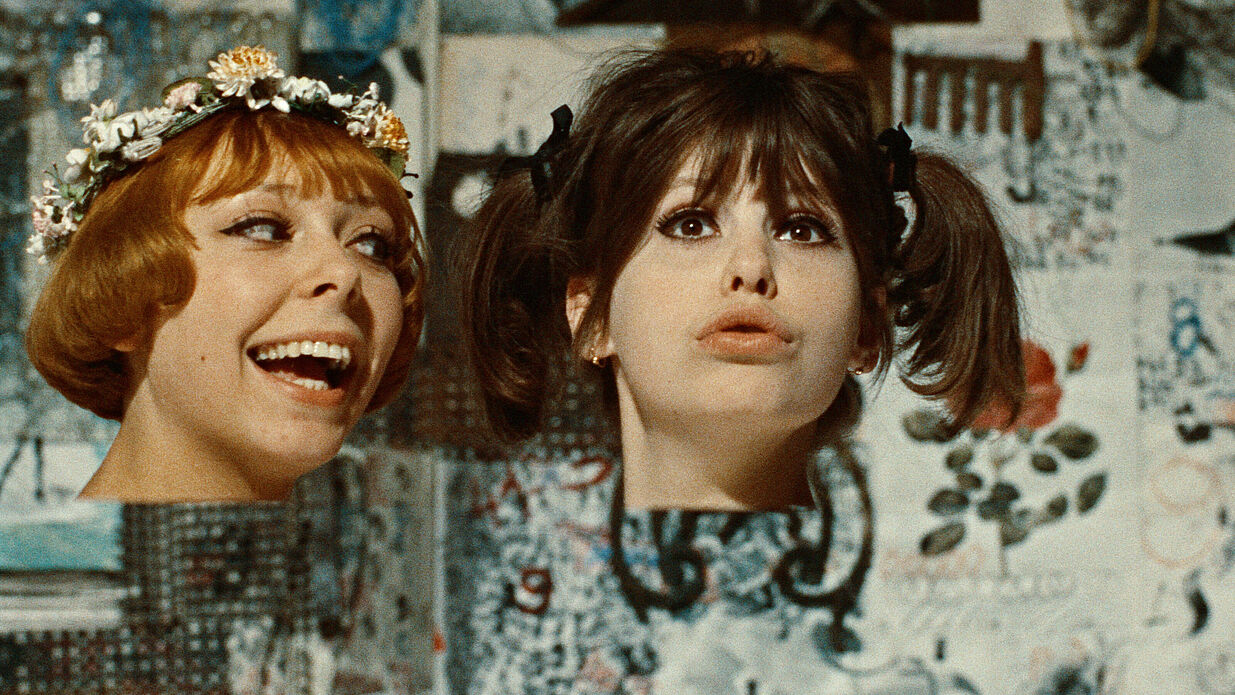
"I want to make films because films as they are currently made bore me," Věra Chytilová (1929-2014) is reported to have said at her job interview in 1957 at Prague's FAMU film school. Only a few years later, Chytilová, the only woman to study in Otakar Vávra's class, played a decisive role in the reinvention of Czechoslovak cinema. Just as interesting and exciting as the films she made before she was banned from working for several years in connection with the suppression of the Prague Spring are the films from the subsequent period of so-called normalisation and those she made after the break-up of Czechoslovakia. The exhibition "Blaster. The Wayward Films of Věra Chytilová" therefore presents a cross-section of Chytilová's entire film oeuvre.
Criticism of the circumstances and playing with the possibilities of film are characteristic of Chytilová's work from the very beginning. While she initially experimented on the borderline between documentary and feature film, her preferences for the abstract, surreal and subversive soon shaped her films - which promptly led to a ban on working, which was only lifted several years later after a letter to the President of the Republic Gustáv Husák. The films made immediately after the forced break again take a critical stance towards the social conditions in the state, even if their stories are more conventional and the forms less advanced. Their shrewd genre games offer Chytilová the opportunity to subversively point out social grievances - a concern that also characterises her works made after 1989 and the dissolution of the ČSSR.
Time and again, Chytilová's films reflect the social position of women, comment on gender relations and thus exert a great influence on feminist cinema. Nevertheless, Chytilová - similar to her Hungarian colleague and contemporary Márta Mészáros - has refused Western notions of feminism. She is best described as an individualist; a term that also provides access to her parabolic, allegorical stories and their world of forms. Chytilová's films, often staged with a restless, erratic camera, prefer to tell stories in associative episodes of characters who function as types or representatives of their milieu or social group. An identification of the viewers with their characters is not intended at all. (Mathias Barkhausen)
